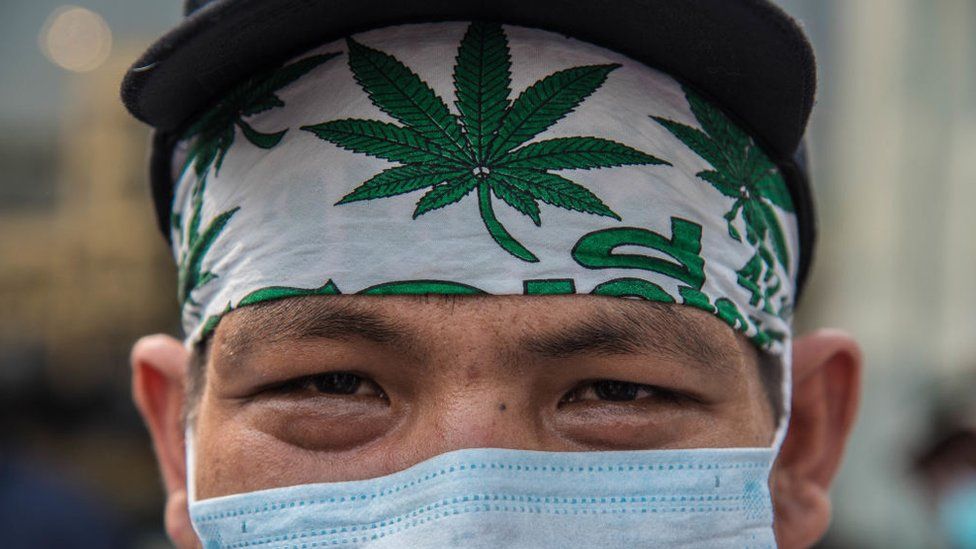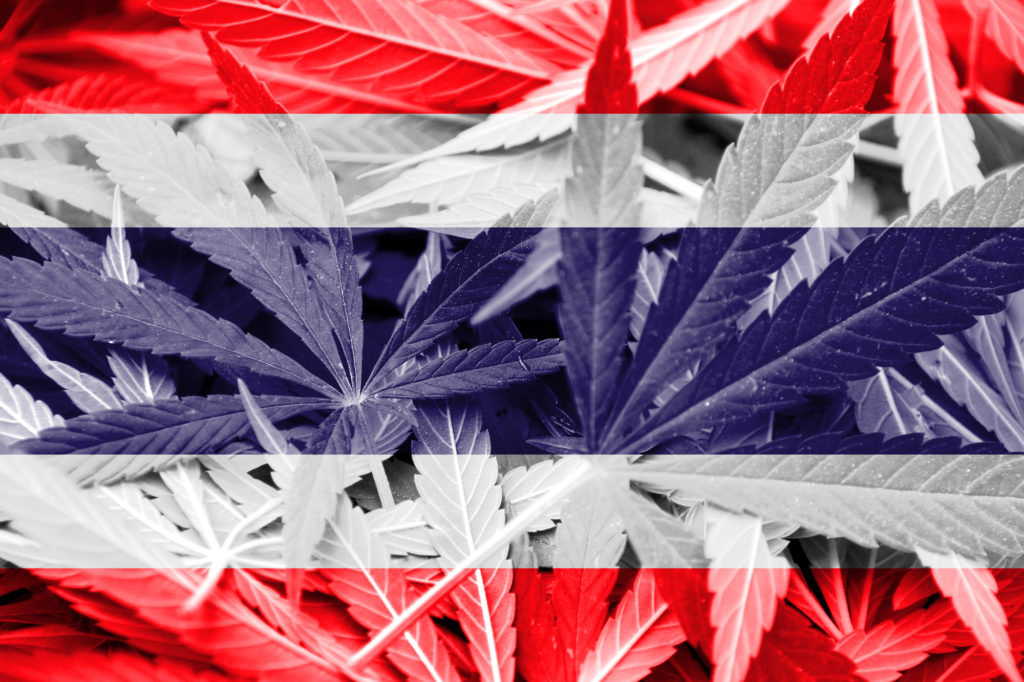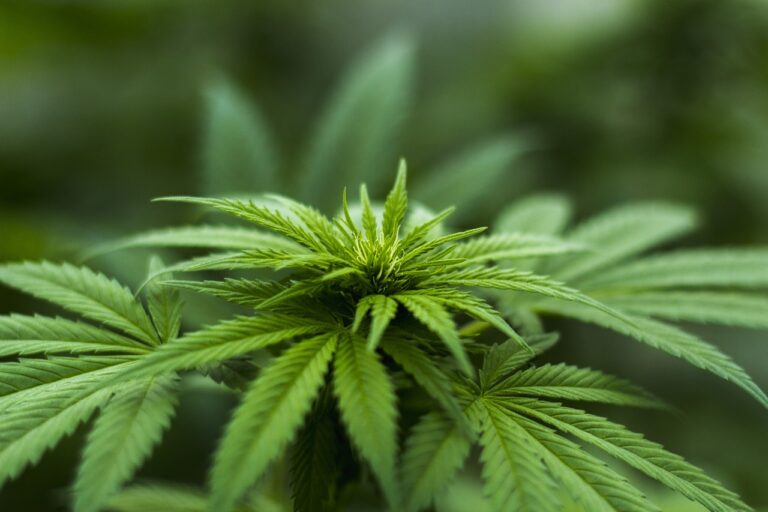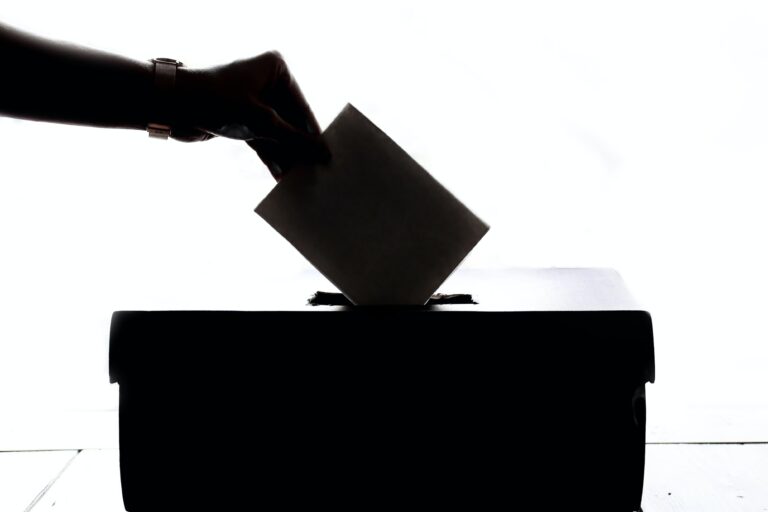In a move that might rattle the cannabis industry, Thailand’s new government, under the stewardship of Prime Minister Srettha Thavisin, is mulling over a legislative U-turn that would ban recreational cannabis use, retaining only its medical application. This decision comes just 18 months after Thailand, in a historic and unparalleled move in Asia, decriminalized cannabis.
The initial decriminalization in June 2022 marked a seismic shift in the regional stance towards cannabis, especially in an area known for its stringent drug laws. Countries like Singapore still uphold the death penalty for drug trafficking, and in places like Hong Kong, even non-psychoactive cannabidiol (CBD) remains illegal.

The ripple effect of Thailand’s 2022 decision was immediate and extensive. Thousands of cannabis dispensaries mushroomed across the nation, accompanied by a surge in cannabis-themed businesses such as cafes, spas, and beauty treatments. Major cities like Chiang Mai and Bangkok became hotspots for weed festivals, creating a vibrant, albeit controversial, cannabis culture. This boom significantly benefited various stakeholders, from farmers to entrepreneurs, fostering a multi-billion-dollar industry.
Despite this liberalization, the public consumption of marijuana remained illegal. The new draft bill, however, aims to tighten these laws further. It proposes hefty fines or prison sentences of up to one year for offenders engaging in recreational use, advertisement, or marketing of cannabis products.
Interestingly, even under the more liberal regime, the intent, as clarified by former Health Minister Anutin Charnvirakul, was never to endorse recreational use publicly. The focus was always on the medical and health benefits of cannabis, not on promoting it as a recreational drug. This stance underlines a significant distinction in the government’s approach to cannabis policy.
The proposed legislation has stirred a mix of reactions. Advocacy groups like the Future Cannabis Network have expressed disappointment, emphasizing the need for public involvement in these policy shifts. Kitty Chopaka, a prominent Bangkok-based cannabis entrepreneur, sees the government’s move as a “knee-jerk reaction” but acknowledges that it’s too late to revert cannabis to its prior narcotic status.
As Thailand stands at this crossroads, the debate intensifies. Should the country prioritize its burgeoning cannabis industry and the economic benefits it brings? Or should it heed the cautionary voices that warn against the potential social and health implications of recreational use?
The next six months are crucial as the government navigates these murky waters. The outcome will not only shape Thailand’s cannabis policy but also set a precedent for how other Asian nations might approach this complex and evolving issue.
In this delicate balance between economic growth and social responsibility, Thailand’s decision could be a litmus test for the future of cannabis in Asia. Whether this will result in a thriving, medically-oriented cannabis sector or a clampdown on its recreational aspects remains to be seen. One thing is certain: the eyes of the world are watching.






Comments